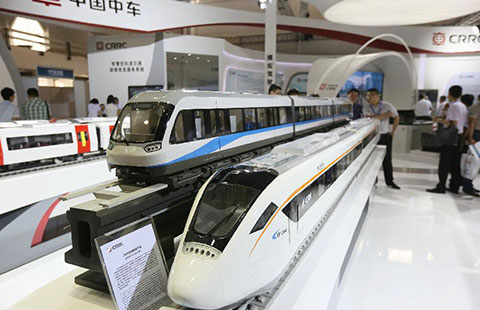Default risks rise as growth sputters
By Rahul Ghosh (China Daily) Updated: 2015-06-16 09:12Nevertheless, nonperforming loan formation and impairment charges at Chinese banks will accelerate in coming quarters as corporate borrowers' cash flows weaken. The official NPL ratio is low, at 1.39 percent at the end of the first quarter. However, it is rising-and the figure for the first quarter was also low because of a large rise in write-offs during that time.
The expected rise in delinquencies will be evident among small and medium-sized enterprises, including those operating in the wholesale retail, manufacturing and shipping sectors. However, problem loans are not just limited to SMEs. Several Chinese banks indicated in their full-year results for 2014 that delinquencies from large borrowers and State-owned enterprises are rising.
In the past, SOE defaults on bank loans have been far lower than those for privately owned companies and, while this will remain the case, the default probability for smaller and less strategically important SOEs will continue increasing.
The government is likely to adopt a more selective approach to supporting the SOEs. And in all likelihood, the credit quality and support that can be expected for SOEs will increasingly diverge, based on each entity's relative importance to the central as well as regional and local governments, and to their parents, if they are the subsidiaries of large SOEs.
The author is a vice-president and senior research writer at Moody's Investors Service in Singapore. The views do not necessarily reflect those of China Daily.
- Last traditional dragon boat maker in Chengdu
- Chinese securities trader launches largest domestic IPO
- China's startups boom as money pours in
- China's cross-border e-commerce booms
- Chinese firms interested in purchasing bulk Vietnamese farm produce
- The renminbi deserves SDR recognition
- Wide wealth gap despite average salary rises
- China's housing market continues to show signs of life

















